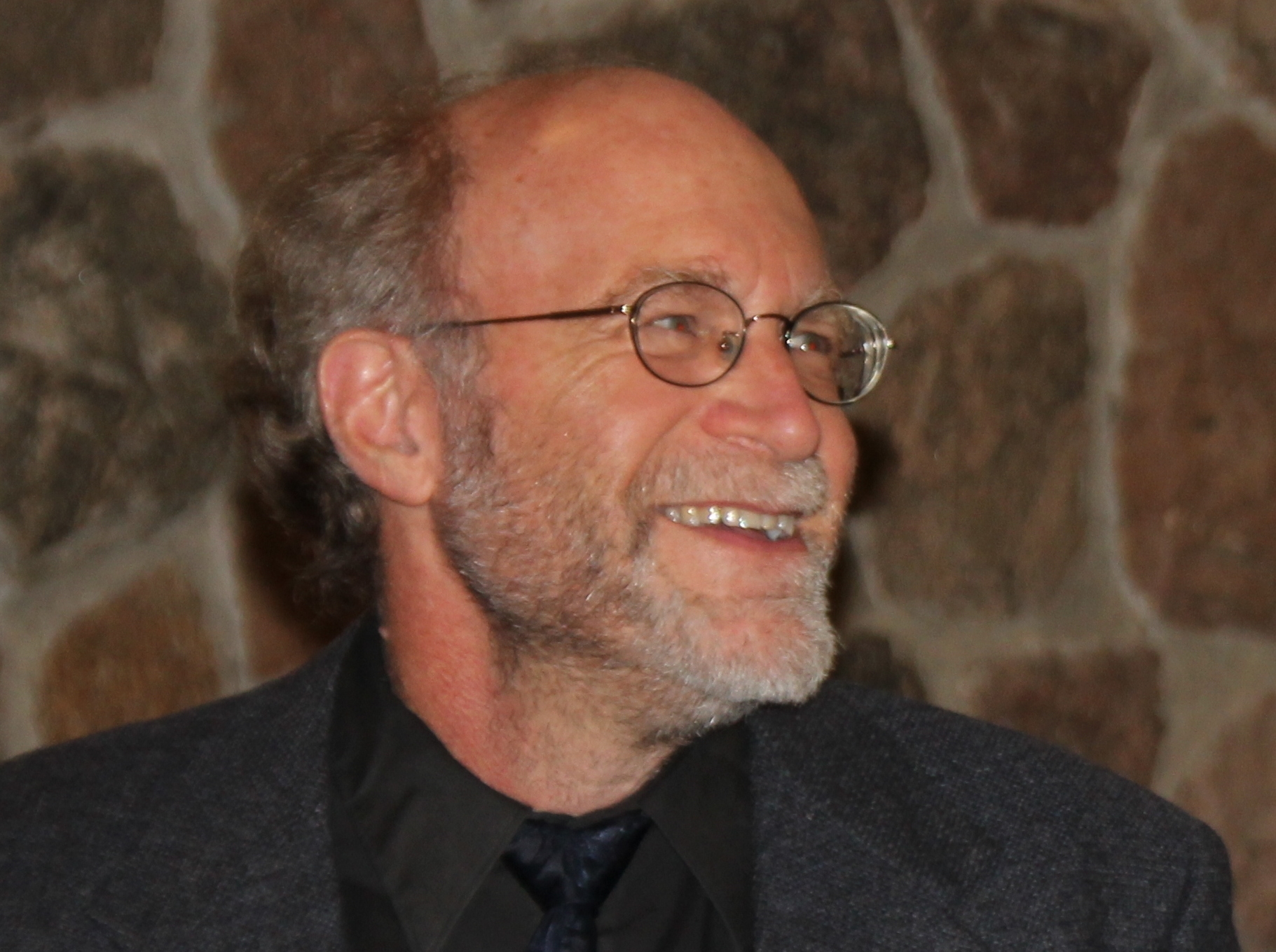Every Mennonite poet I know is an ardent peacemaker—and so are most of the other poets I know. Yet the wars go on—and, some have argued, poets (Mennonite and otherwise) ought to be doing more to protest and resist, to mobilize others for change. This small gathering of peace poems and reflections, most but not all by Mennonites, offers one glimpse of what poets are doing.
In an essay forthcoming in Mennonite Quarterly Review, I take some issue with recent claims by John Fisher and others that Mennonite poets do not write enough “peace poetry,” partly by uncovering poems that seem to have been overlooked, partly by posing a broader definition of what I call there “post-peace poetry”: “poems that also understand the pursuit of peace to mean much more than resistance to military conflict.”
I was excited, then, to get Ann Hostetler’s invitation to work with her on this special issue of CMW Journal. We had corresponded earlier about Ann’s crucial anthology of Mennonite poetry, A Cappella, and found that we shared a sense that while anti-war poems of traditional sorts were hardly obsolete, many contemporary poets—Mennonite and otherwise—were creating new work, innovating in both form and content on the old patterns.
The poems here reflect both quite traditional approaches—Yorifumi Yaguchi’s poems dramatizing and musing on his own wartime experience are the best example—and several varieties of the contemporary.
I would resist any claim that any poetic mode is, in and of itself, more authentic or more viable than another; everything is always in the execution. Still, certain factors deserve some thought. In particular, writers these days are (or at least should be) keenly aware of the risks of appropriating stories and points of view not their own. Mennonite poets who are white, middle-class, and more or less safely ensconced within the American Empire (most of those here) mainly leave writing poems that directly treat wartime experience to others. Even John Paul Lederach, known around the world for his work on conflict transformation, speaks here of poetry as the “heartflow that takes notice of the unspeakable” and creates “liminal seedbeds that birth the unexpected.”
With such goals in mind, many of these writers place their own experience, recent or distant, against other realities they know only in mediated ways. Few of these writers are “separated” in the obvious, physical sense—they do not dress plain or travel by buggy; they use the internet and other media to stay in touch with the world. Yet their disaffection with American militarism and the mythology of redemptive violence is plain, and their witness for other ways of being, though not always direct, is clear.
Many of these writers have found themselves drawn more toward meditation than declamation, perhaps in the spirit of Yeats, who said that we make rhetoric of the quarrel with others, poetry of the quarrel with ourselves. We begin with two wonderful ghazals, Alicia Ostriker’s “America” and Julia Spicher Kasford’s “Yehudi Amichai in Late November.” Both make clear that Mennonites have no monopoly on the yearning for peace. Other poems and reflections lead us onward; Jean Janzen says that beauty itself “draws us toward harmony in ourselves and with others.” And as Keith Ratzlaff points out, the public, prophetic voice is hard to sustain; “poetry comes not from the relationship between writer and reader, but between writer and language,” he suggests, aligning his own work with William Stafford’s quiet but pervasive witness for peace.
Too quiet, too tangled in aesthetics to speak boldly? Perhaps. And yet—as Ratzlaff’s quiet but searing “Drift,” and Barbara Nickel’s poignant “Nickel Mines,” and Michelle Webster-Hein’s subtly self-critical “Flowers for Osama” all show—one need not always shout to speak well concerning the art, craft, and pursuit of peace.
